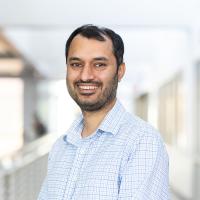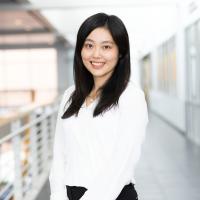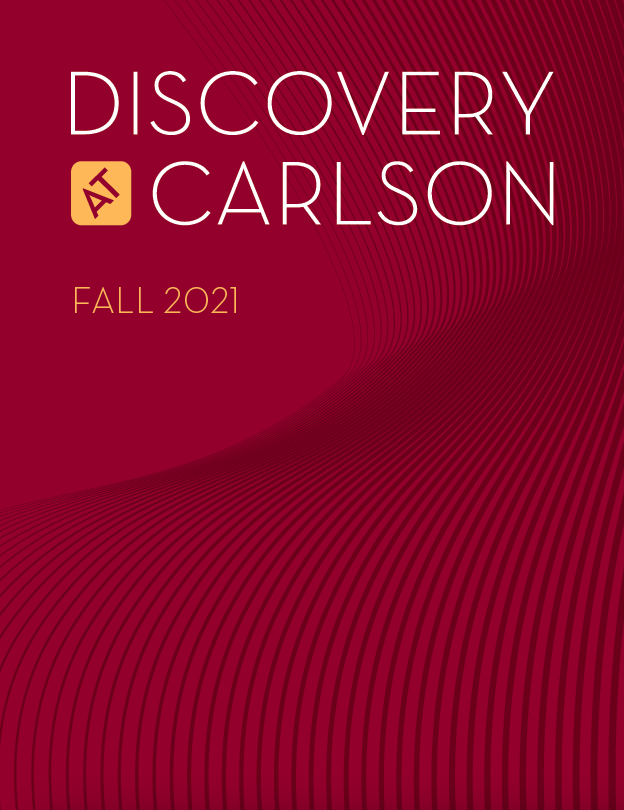
Introducing New Faculty Members
Monday, November 15, 2021
Kartik Ganju and Teng Ye, both assistant professors, joined the Carlson School’s Information and Decision Sciences Department this summer. Each brings expertise for using data to help address societal issues.
Kartik Ganju
Ganju comes to the Carlson School after spending the last five years at McGill University in Montreal. His research focus is health information technology, which he is looking to expand.
More specifically, he studies how health IT impacts healthcare cost, labor, and racial disparities. Ganju took interest in the topic when hospitals were mandated to digitize their medical chart systems. This led to his PhD in Business Administration at Temple University. His dissertation examined the mandate’s unintended consequences, such as higher healthcare costs.
“The main question I’m trying to figure out is ‘why are costs increasing?’” says Ganju. Further, he added, “What can we do to allow health IT to [promote] equitable access to healthcare?” Additionally, Ganju’s research has found that the use of clinical decision support systems reduces the disparities in amputation rates between White and Black patients.
“Everybody has a relationship with a healthcare provider,” explains Ganju. “That’s something that sort of touches us pretty intimately, so I think that’s why I’m quite fascinated by it. Plus, the data’s very good, so the opportunities for research are [almost] endless.”
Amid the COVID-19 pandemic, he has focused on the shift to telemedicine and plans to continue this research at the Carlson School.
Teng Ye
Striving to find how the advances of data science techniques can better facilitate human behaviors is what drives Teng Ye.
After earning a PhD in Information Science earlier this year from the University of Michigan, Ye says her goal is to continue creating interdisciplinary solutions that can positively impact real-world practices. Her research has been characterized by synthesizing the strengths of machine learning, causal inference, field experiments, and social science theories.
During a Data Science for Social Good Fellowship through the University of Chicago, Ye used machine learning to help New York City specialists prioritize their outreach to tenants who are vulnerable to harassment from landlords under rent stabilization policies. Among her most recent studies, Ye also looked at how to optimize the design of team competitions for ride-sharing drivers to increase their engagement and job satisfaction.
At the Carlson School, she plans to expand her research in crowd-based economies, such as crowdfunding.
“I want to apply human-centered data science to help people in need better gather fundraising, no matter if it’s individual or organizations,” explains Ye. “This is also what we call data science for social good because we really want to help people to get the resources they need.”
Ye is an active volunteer project manager and data scientist for the Solve for Good platform, where nonprofits can request data science help.


